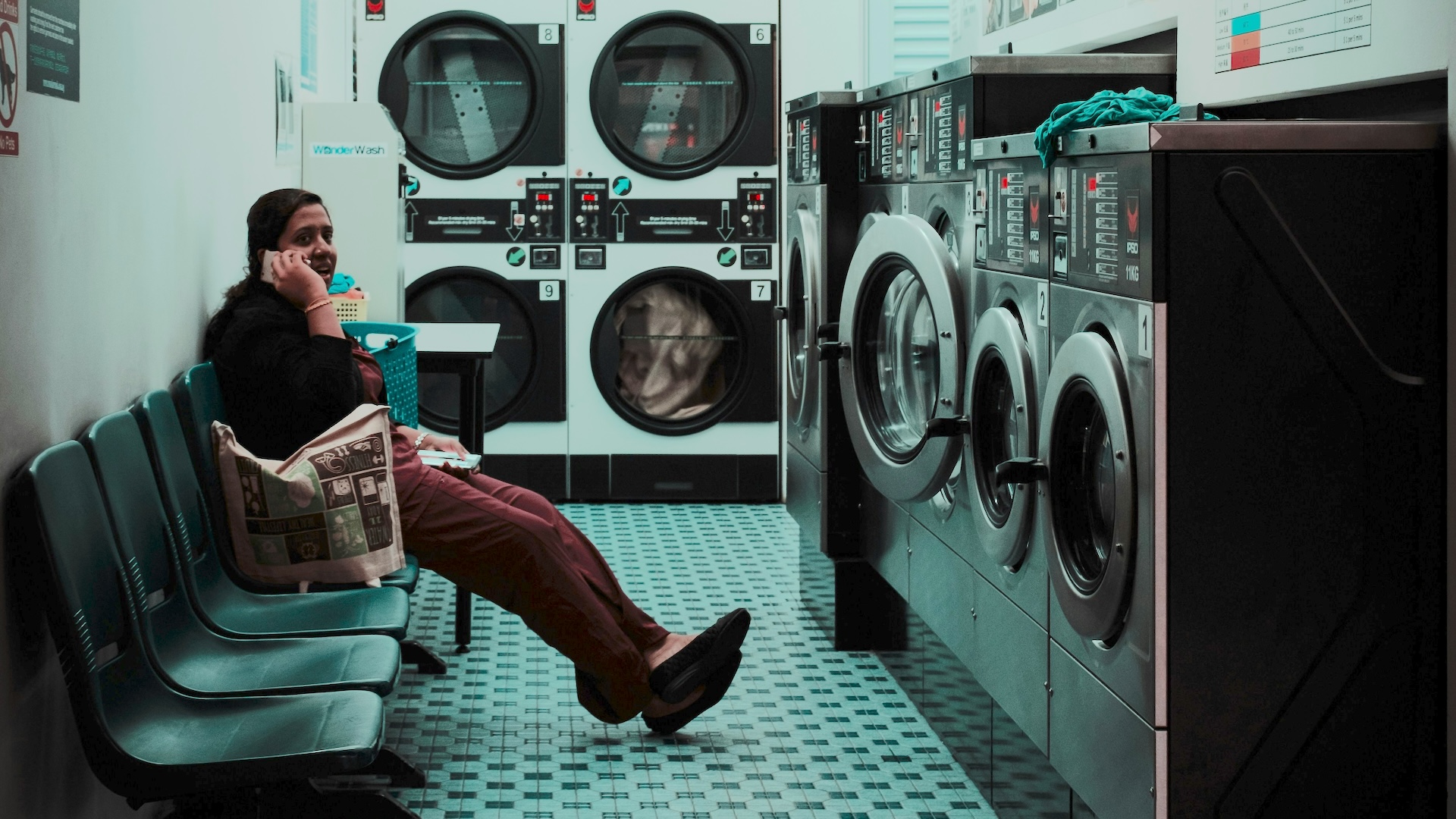Around 2.6 million Brits have struggled to afford to wash their clothes as the grip of hygiene poverty tightens, according to new research.
Almost a third of people facing hygiene poverty have avoided leaving their homes in the past month due to feeling self-conscious about a lack of clean clothes, the study from charity The Hygiene Bank and cleaning-product company smol found.
The Big Issue has previously reported on how hygiene poverty can lead to feelings of shame and isolation.
Tryphine, a 26-year-old who could not afford hygiene products, said: “There was no way I could just keep it to myself and let it grow into something else. I hate letting things fester. I started seeing myself unravelling and isolating myself.”
- Young woman says she ‘unravelled’ when cost of living meant she couldn’t keep herself clean
- ‘I begged food bank workers for body wash for my children’: The bleak reality of hygiene poverty in the UK
- ‘I urinated myself in the opticians’: UK’s public toilet crisis makes disabled people feel like ‘prisoners’
One in seven people experiencing hygiene poverty have been judged in public for not having clean clothes.
This has an impact on people’s mental and physical health. Just over half (51%) of those in hygiene poverty say that a lack of clean clothes has impacted their mental wellbeing, while just under half (49%) say it has impacted their physical health because they are less likely to go out to keep fit.





